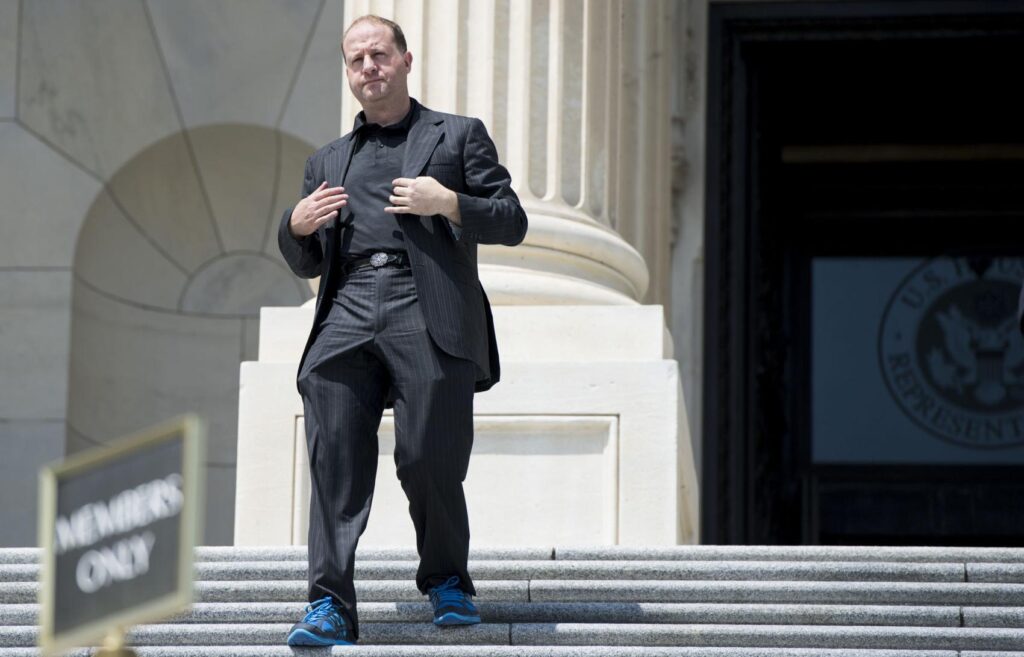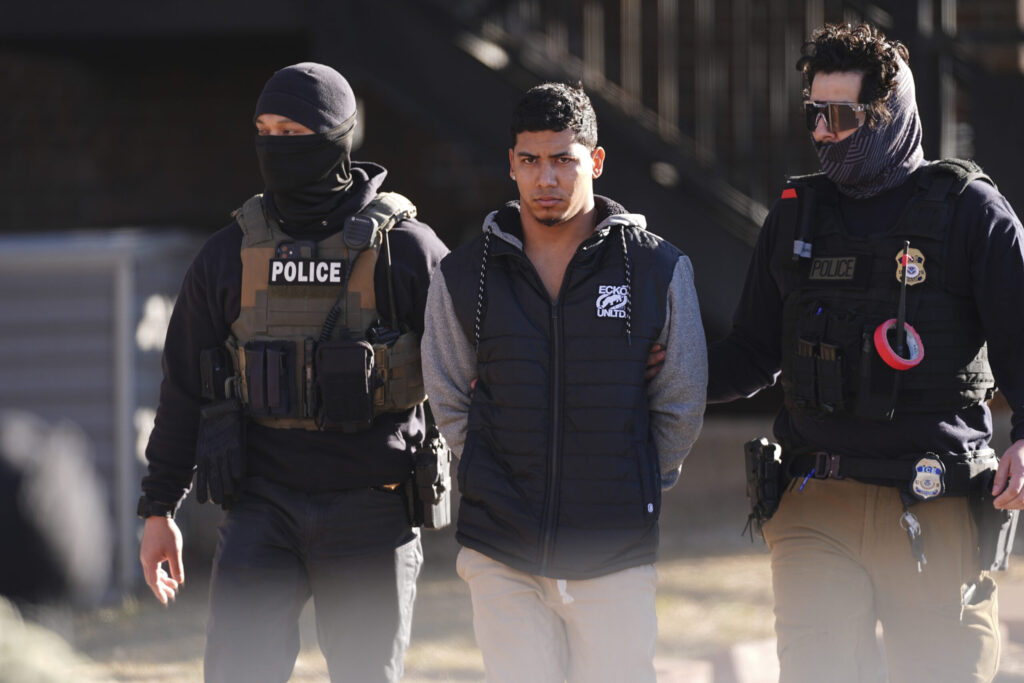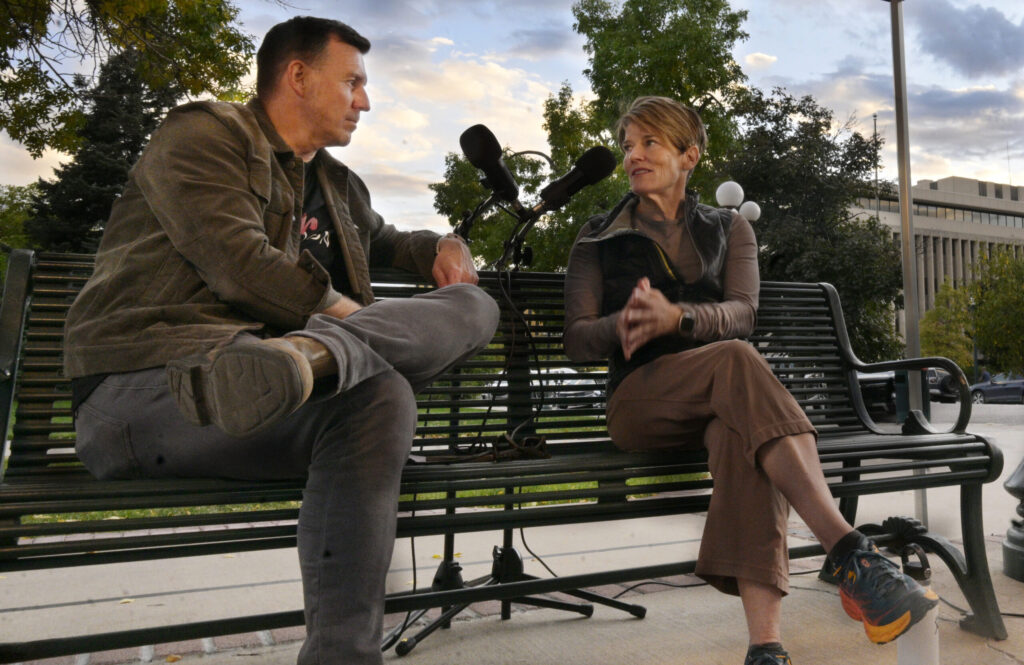Colorado law enforcement groups balk at reporting mandates; justices leaves intact $9.2 million jury award; court upholds disbarment | WHAT YOU NEED TO KNOW
Today is April 23, 2024, and here’s what you need to know:
Colorado law enforcement groups object to bill requiring officers to report colleagues' alleged misconduct
House Democrats have introduced a bill they say will increase protections for law enforcement members who report the alleged misconduct of their peers, but opponents said the sponsors never consulted public safety organizations, arguing it singles out the “law enforcement” profession for possible prosecution.
House Bill 1460 requires law enforcement agencies to investigate any allegations of misconduct or criminal conduct involving their officers. Law enforcement officers are also obligated to report any misconduct by their colleagues and failure to do so would constitute a Class 2 misdemeanor punishable by up to 120 days in jail or fines of up to $750.
The bill also affords an officer subject to discipline for whistleblowing a private right of action.
Bill sponsor Rep. Leslie Herod, D-Denver, said she has heard from several law enforcement officers who faced retaliation after speaking up, including McKinzie Rees, a former Edgewater Police Department officer assaulted by a colleague, who pleaded pleaded guilty to unlawful sexual contact under a plea agreement.
While Rees was forced to resign from her position and placed in a database that barred her from ever serving as an officer again, the accused was hired by another department. That department eventually found out what he did and fired him. Earlier this month, he was sentenced to four years of probation.
Colorado justices, 4-3, uphold Denver jury's $9.2 million award for botched surgery
The Colorado Supreme Court, in a divided ruling on Monday, left in place a Denver jury’s award of more than $9.2 million to a man severely injured after his back surgery at Sky Ridge Medical Center went wrong.
Although Colorado law limits damages in medical malpractice cases to $1 million, it is possible for a judge to override the cap upon a finding of good cause. Relatedly, a “contract exception” in state law prevents jury awards from being lowered when the injured party is compensated as the result of a contract — like an agreement with a health insurance company.
Taking those two principles together, the question for the Supreme Court was whether Daniel B. Scholle’s trial judge should have considered the payments his insurance made for his medical bills, which Scholle did not need to repay, when deciding whether good cause existed to override the $1 million cap.
No, that information was irrelevant, concluded Justice Maria E. Berkenkotter for the majority.
Colorado justices uphold disbarment of lawyer previously disbarred in D.C.
The state Supreme Court agreed on Monday that a lawyer recently disbarred in the District of Columbia for mishandling client funds should also be disbarred in Colorado under the concept of reciprocal discipline.
In August 2022, the D.C. Court of Appeals found John F. Kennedy intentionally misappropriated his clients’ money and barred him from practicing law. Attorney regulators in Colorado, where Kennedy was also licensed to practice, received notice of the outcome from their counterparts in D.C. and Colorado’s presiding disciplinary judge similarly disbarred Kennedy.
Although Kennedy challenged the decision on various grounds, including the rule generally prohibiting discipline for conduct that is more than five years old, the Supreme Court concluded the rule did not apply to reciprocal discipline because the intent is not to relitigate attorney sanctions from other jurisdictions.
“Colorado reciprocal disciplinary proceedings simply do not revisit the evidence associated with the initial finding of misconduct,” wrote Justice Monica M. Márquez in the April 22 opinion. “A reciprocal disciplinary hearing board will almost never have reason to re-hear evidence or arguments from the original proceeding. Nor should they.”
Water conflict: Colorado Springs Utilities, others say Aurora in violation of 2003 pact
A Colorado water district spanning nine southeastern counties believes Aurora Water is violating a 2003 agreement not to purchase any more Arkansas Valley basin water.
Aurora Water is spending $80 million on a ranch of about 5,000 acres near Rocky Ford and its associated water rights. An Aurora presentation showed it estimates it is paying about $9,600 per acre-foot of water. The purchase could yield 18,000 to 22,500 acre-feet every 10 years, Aurora city documentation states. An acre-foot of water can serve about four families for a year in Colorado Springs.
Aurora Water expects to use the water three out of every 10 years to help support its growth and allow the water to irrigate crops during the remaining seven years. Aurora residents would not see additional rate increases outside of those already planned, said Alex Davis, an assistant general manager for the utility who works on water supply and demand.
“Providing the drinking water for the future of Aurora is really important.” she said. “Water supplies are getting more and more difficult to ensure for the future.”











